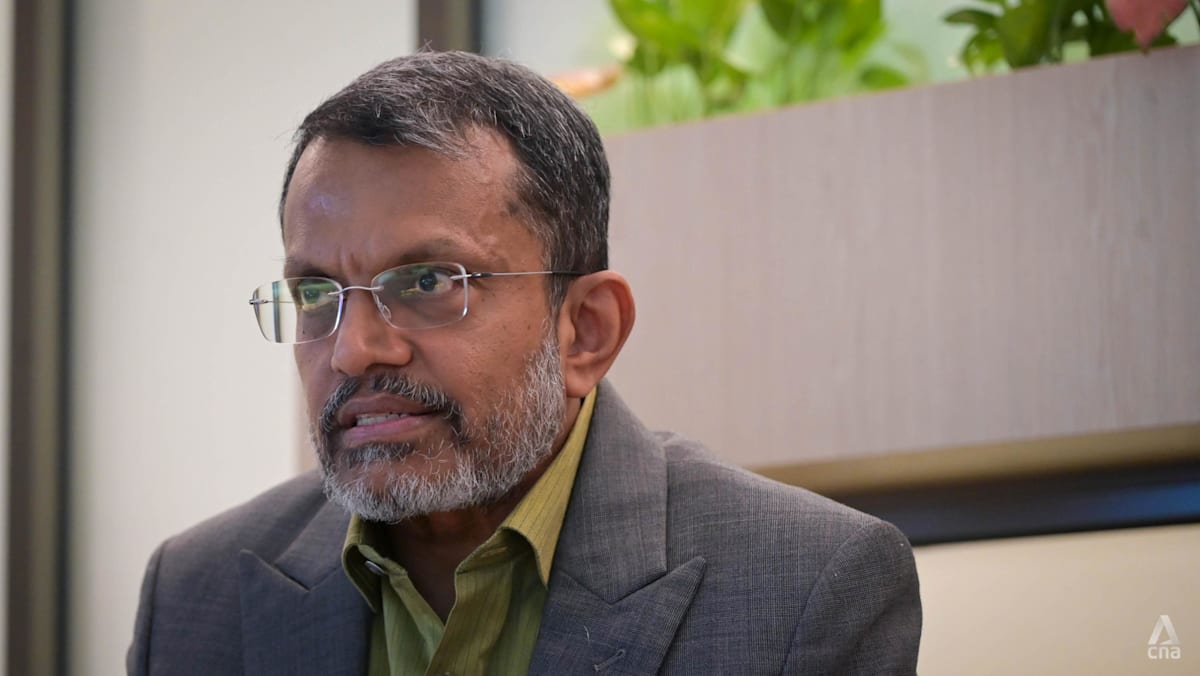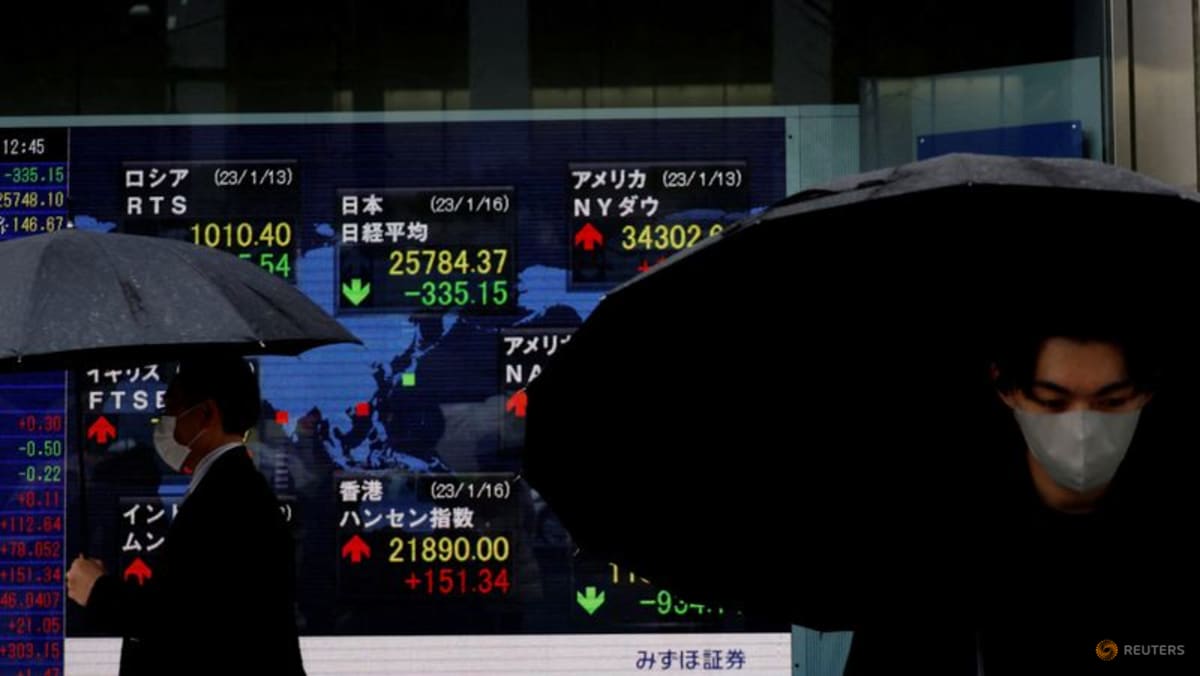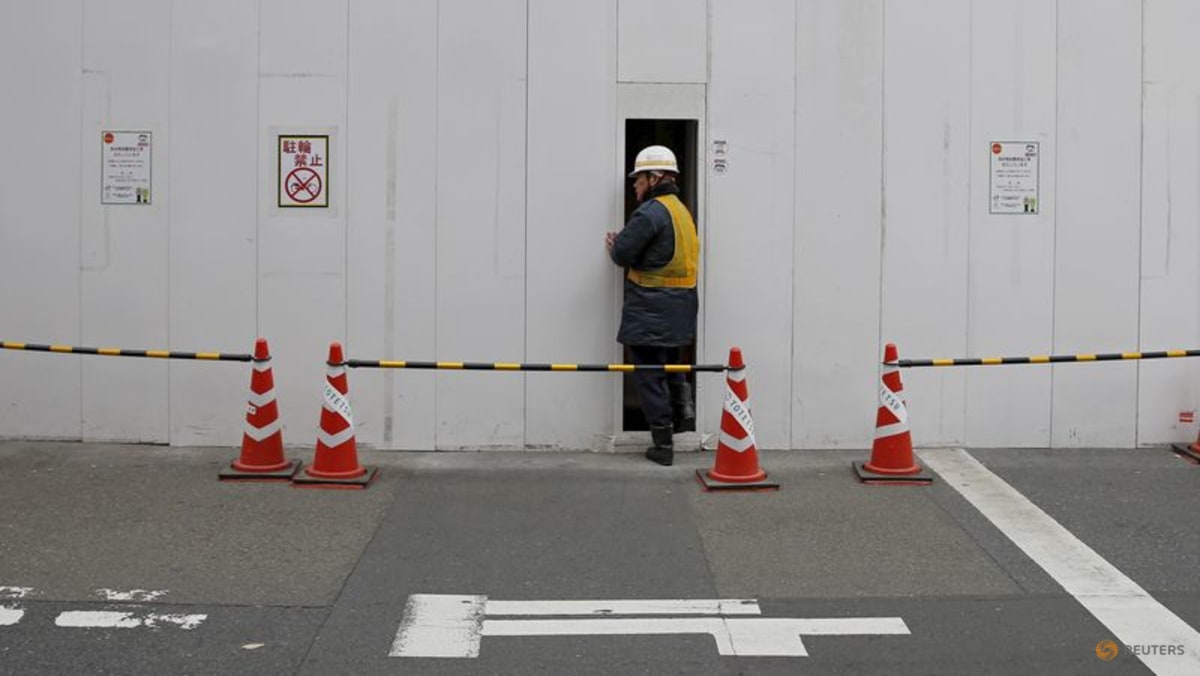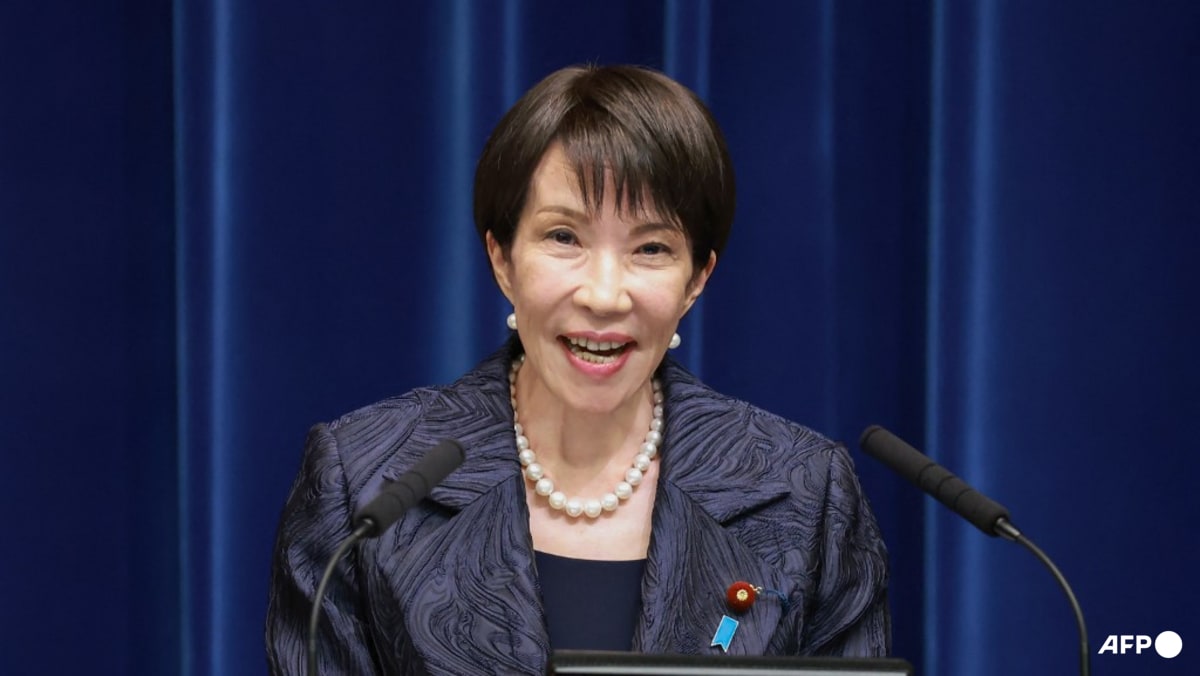SINGAPORE: In just three years in the workforce, Nathaniel Wong has had three careers – as a barista, in finance, and now a trainee kindergarten teacher.
"I think initially in my early stage of life, making all these transitions - yes, it seems scary,” said the 25-year-old, who now teaches at My First Skool.
“But I have no regrets … in these industries, when combining the experience together, it helps to shape me to who I am today. I feel that it's a good opportunity for me to expand my horizon and learn about different job scopes.”
Key to his job changes was the Career Conversion Programme (CCP) run by government agency Workforce Singapore (WSG), which he said helped him secure the skills and certification needed to qualify as a preschool teacher.
According to WSG’s figures, the number of Gen Z workers – or those typically aged below 28 – who changed jobs last year more than tripled to over 900, compared to 2021.
Some Gen Zs are also switching careers much earlier in life, with some starting their third of fourth job by the age of 25.
The statutory board noted that more young jobseekers like Mr Wong are turning to the CCP, which are usually targeted towards mid-career switchers.
Over 2,400 people born after 1997 enrolled in the programme as of 2025 – up from just over 300 participants in 2021.
YOUNG EMPLOYEES SEEKING A PURPOSE
Ms Safrah M Eusoof, director of healthcare and social and business services at WSG, told CNA that many young working adults make career switches driven by personal values and aspirations.
“Interestingly (we see) that they transitioned from some sectors, including finance and petrochemical (industries),” she added.
Career coaches said they are starting to engage fresh graduates earlier to plan their careers.
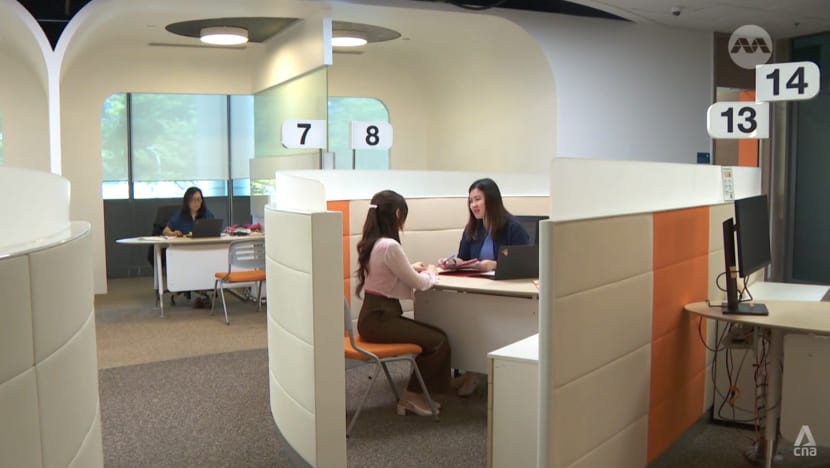 While Career Conversion Programmes have typically been targeted towards mid-career switchers, career coaches are starting to engage fresh graduates earlier to plan their careers.
While Career Conversion Programmes have typically been targeted towards mid-career switchers, career coaches are starting to engage fresh graduates earlier to plan their careers.
"It's important that they (acquire the skills) needed for the job, instead of expecting the new employer to train them,” said Ms Joey Kang, a senior career coach at WSG.
She added that graduates with the right skills are more attractive to employers who do not need to train them from scratch, despite multiple job changes.
Human resource experts noted that while it is natural for young workers to try out different industries, they advised them not to job hop continuously but to plan their moves with a purpose.
“My recommendation is … build certain skills that … add value … as they move through their career,” said Kirsty Poltock, country manager of recruitment firm Robert Walters (Singapore).
She told CNA’s Singapore Tonight programme that while employees should embrace artificial intelligence, they should also develop soft skills like people management which AI cannot replace.
“But don't forget to be human. AI is not human. You can be human, you can use empathy, curiosity, experimental learning,” said Ms Poltock.
She noted that firms have realised that employees are not staying for long periods like five or 10 years.
Ms Poltock added companies are also hiring contract staff, freelance workers and “boomerang” employees - individuals who have left and returned after a break.
MID-CAREER MICRO-RETIREMENTS
More employees are also taking mid-career breaks – or “micro-retirement” – to recharge, pick up new skills or explore personal passions, according to business and employment social networking site LinkedIn.
Its data showed that 17 per cent of its users who took career breaks last year did so for personal goals, up from 12 per cent in 2020.
"These breaks can range from weeks to even years. It reflects a growing shift away from the mindset that a career path needs to be linear and that there needs to be fixed milestones that one needs to hit,” said Ms Chua Peiying, head economist for APAC at LinkedIn.
One worker who took such a break was Mr Dom Chiam, who quit his job as a project manager in 2023, after 12 years in the workforce.
"I was in an environment where the working hours are long … (with a) seven-day work week,” said the 39-year-old.
His partner Ms Lim Hui Jing, an engineer, joined him a few months later. “Housing was also expensive in Singapore, so we wanted to try an alternative way of living … (by pursuing) van life,” she added.
The couple said they took more than a year’s break from work, travelling and camping around Southeast Asia.
Others like 31-year-old Chen Zhi Liang started a new venture as his way of taking a break from employment, taking greater control of their time and work.
“I feel more recharged now. I think Monday blues is no longer a thing. I look forward to Monday, and of course … with the flexibility of running my own business … I can also plan my day better," said the founder of a design and web development practice.
Still, Mr Chen acknowledged that his extended break was a privilege due to ample savings from work and some side hustles.
Experts said that companies need to adapt to more people considering “micro-retirement” because of burnout and changing priorities.
"If companies have those programs that are available for their employees, then the employees would feel empowered to take these breaks,” said Ms Chua.
She added that employees would not view such breaks as stigmatising but rather as “an opportunity for growth, an opportunity to learn new skills, or gain perspective, or even just mental renewal.”
For Mr Chiam and Ms Lim, their travels in a van became a key talking point when they returned to Singapore, helping the duo stand out during job interviews.
"It became … an icebreaker during our job interview process. Sometimes taking the leap of faith does have (a) good outcome,” said Mr Chiam.
Returning to work has motivated them to continue with their travel goals, he added.
They are now saving up for their next “micro-retirement” journey – driving to the United Kingdom.
“Even though … now that we are back, we never really stopped travelling in our van. We still go for short trips here and there whenever we can,” said Ms Lim.




